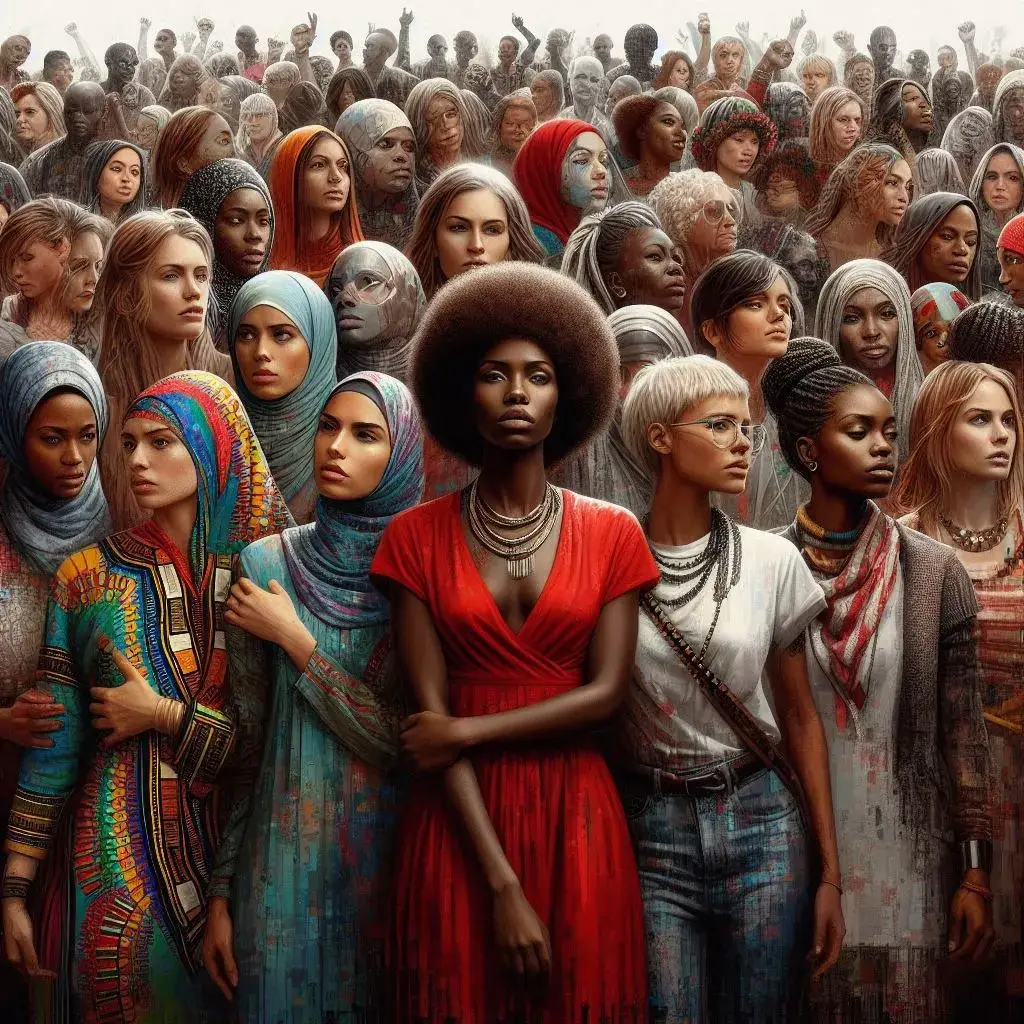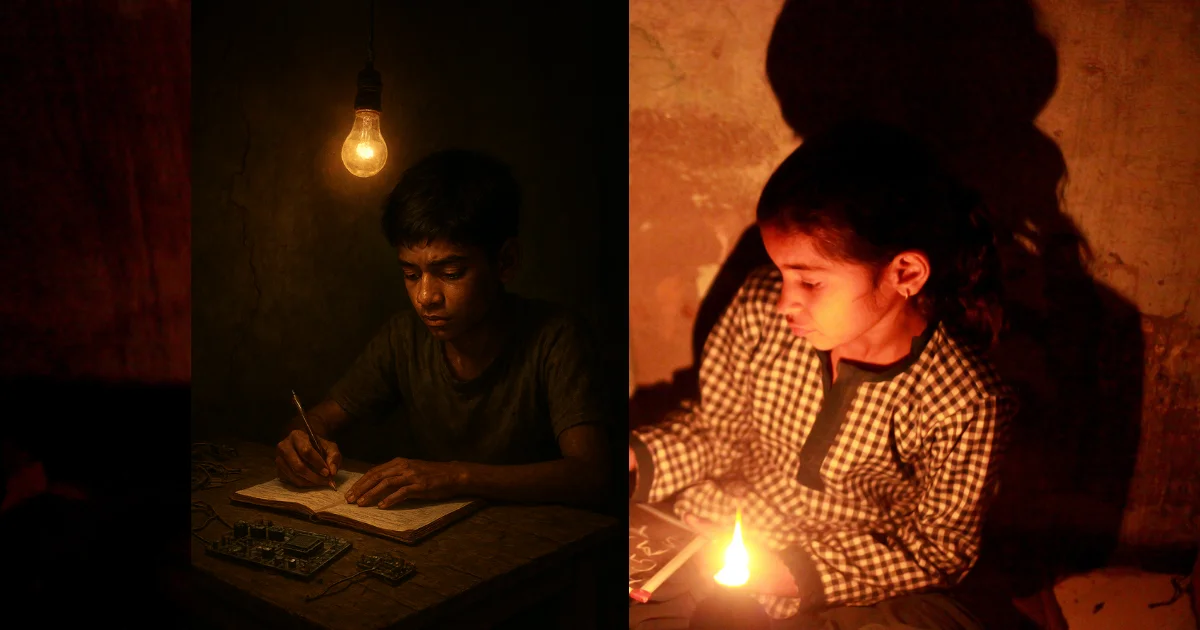Based on the tragic case of Syeda Sania Zehra:
The Hidden Struggles is a book that tries to explain and stop domestic and mental abuse against women. Abuse of women in the home and in the mind is a widespread problem that affects people from all walks of life and all income levels. Even though each case is very personal, they all show how this problem affects whole systems. One sad example is the recent murder of Syeda Sania Zehra by her husband. She was 20 years old, pregnant, and a mother of two from Multan. Her story is a stark warning of how important it is to fix the problems that make abuse more likely and help people who are stuck in abusive relationships.
How and Why Women Can't Leave Abusive Homes
Dependence on the Economy
A lot of women count on their abusers for money. This dependence can get worse when people can’t get an education or a job, which makes it hard for them to imagine a life without their abuser.
Social Stigma
There is a lot of social stigma connected to divorce and separation in many cultures. Women worry that their groups will shun them, that they will be judged, and that they will lose their social standing.
Children's Well-Being:
Women often stay because they are worried about their children’s safety. People can’t do anything because they’re afraid of losing custody or putting their kids through more stress.
Not Enough Help:
A lot of women can’t count on anyone to help them. People you care about might not want to or be able to help you because of their own beliefs or because they think it’s expected of them by society.
Fear of getting even:
Being afraid of getting hurt again is a big trouble. Abusers often say that they will hurt or kill the victim more if they try to leave, and the victim may believe them.
Managing your emotions:
Abusers often do things to control their victims that hurt their sense of self-worth and make them believe they don’t deserve a better life or that the abuse is their fault.
Things that go wrong when there is domestic violence.
Laws that make it hard to:
Laws in many places don’t protect women well enough. A lot of people might not follow the rules, making it hard for victims to get justice.
Culture norms:
Abuse is more likely to occur when people believe that family unity is more important than individual well-being. Because of these rules, women often don’t ask for help or speak out as much.
How does abuse impact mental health?
Abuse severely damages a person’s mental health. A lot of people have mental health issues that make it difficult for them to leave, such as depression, anxiety, PTSD, and more.
Steps to End Domestic Abuse Strengthening Legal Protections
To protect victims of domestic violence, governments must make sure that strong legal systems are in place. This includes stricter implementation of restraining orders and harsher punishments for people who break the law.
Economic Empowerment
Giving women access to schooling and jobs can make them less dependent on others for money, which can give them the financial independence to leave abusive situations.
Getting the Word Out
Public education efforts can challenge and change cultural norms that perpetuate abuse. These should work to make ending an abusive relationship less taboo and promote equality between men and women
Support Services
Establishing and funding shelters, hotlines, and counseling services can provide immediate and long-term assistance to individuals.
Community involvement
Getting community leaders and groups to speak out against domestic violence can help victims feel safe and supported.
Mental health resources
Victims should be able to get mental health help that can help them get better and start over with their lives. Therapy and care that takes stress into account are part of this.
Making laws stronger
To protect women from harm and fight for their rights, we must fight for rules that do just that. Giving money to shelters, legal help, and support groups is one way to do this.
Conclusion
The story of Syeda Sania Zehra breaks my heart because it shows what many women go through. It shows how important structural change and working together are to stop mental and domestic abuse. By addressing the causes and providing them with full support, we can work toward a world where women are safe, strong, and don’t have to worry about abuse
FAQS
Women often find it hard to leave violent relationships because they are financially dependent on them, are afraid of revenge, are worried about their children’s safety, don’t have any support systems, or feel emotionally manipulated by their abusers.
The Root cause of domestic violence are the laws that don’t support it, cultural norms that put family unity ahead of individual well-being, and that victims have serious mental health issues like depression, anxiety,guilt and PTSD.
Strong legal frameworks, tight execution of restraining orders, harsher punishments for offenders, and giving victims access to legal help are all ways to improve legal defenses.
Economic freedom is very important because it makes people less reliant on attackers for money. Giving women the chance to go to school and get a job helps them imagine and maintain a life without their attacker.
Public education efforts that make people more aware can challenge and change culture norms that keep abuse going. It makes leaving a violent relationship less of a taboo subject and supports equal rights for men and women.
Shelters, hotlines, counseling, mental health tools, and neighborhood support groups are all important ways for victims to get help. Victims can get instant help and long-term support from these services.

Writer | Scribbler of Dramatic Verses | Zoophilist | Empath |In the midst of writing my very first Novel | Mens Skincare Coming Soon | Husband’s Right Hand





1 Comment
Beyond amazing saima
I wish u come on tv channel 🔜